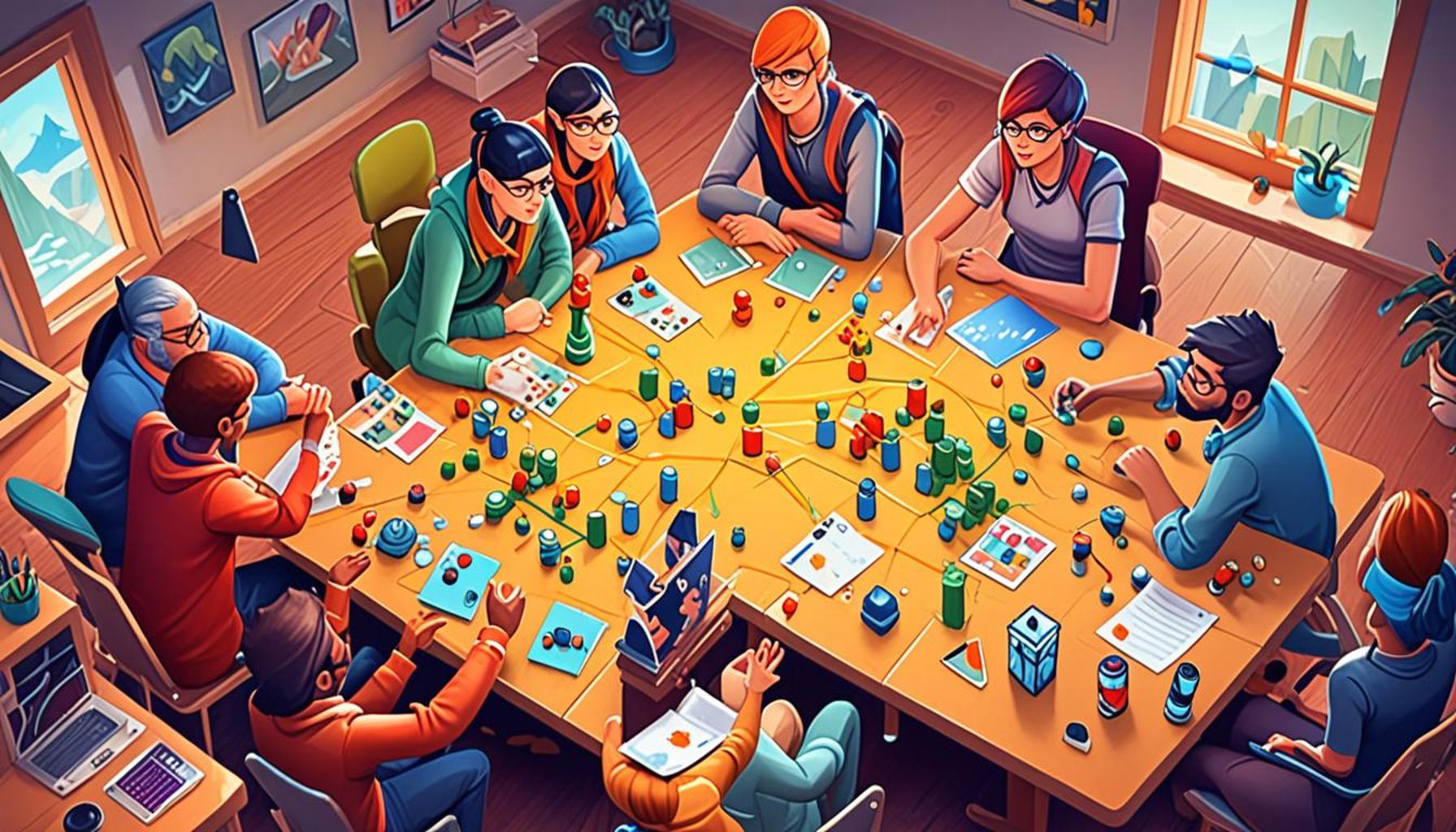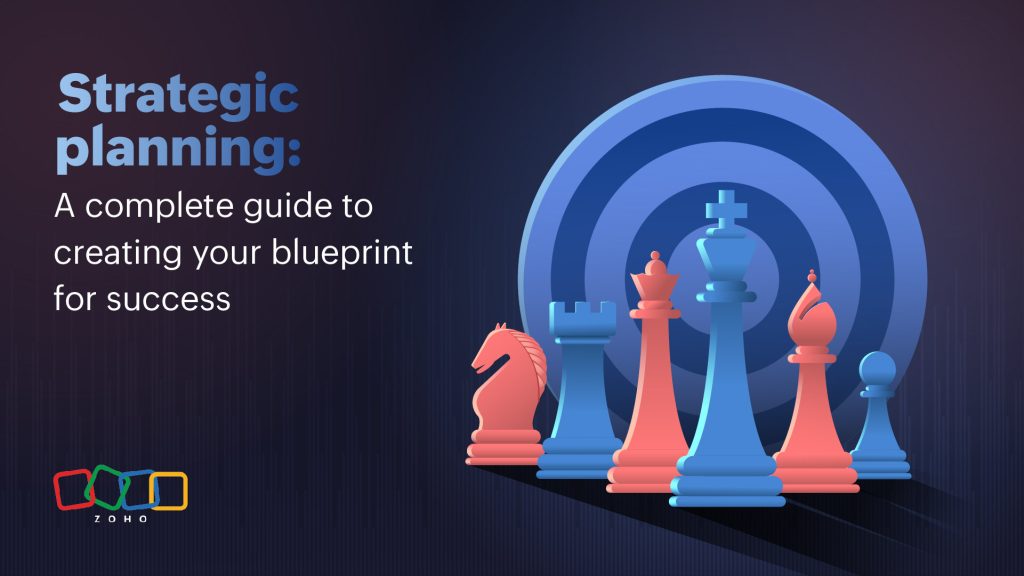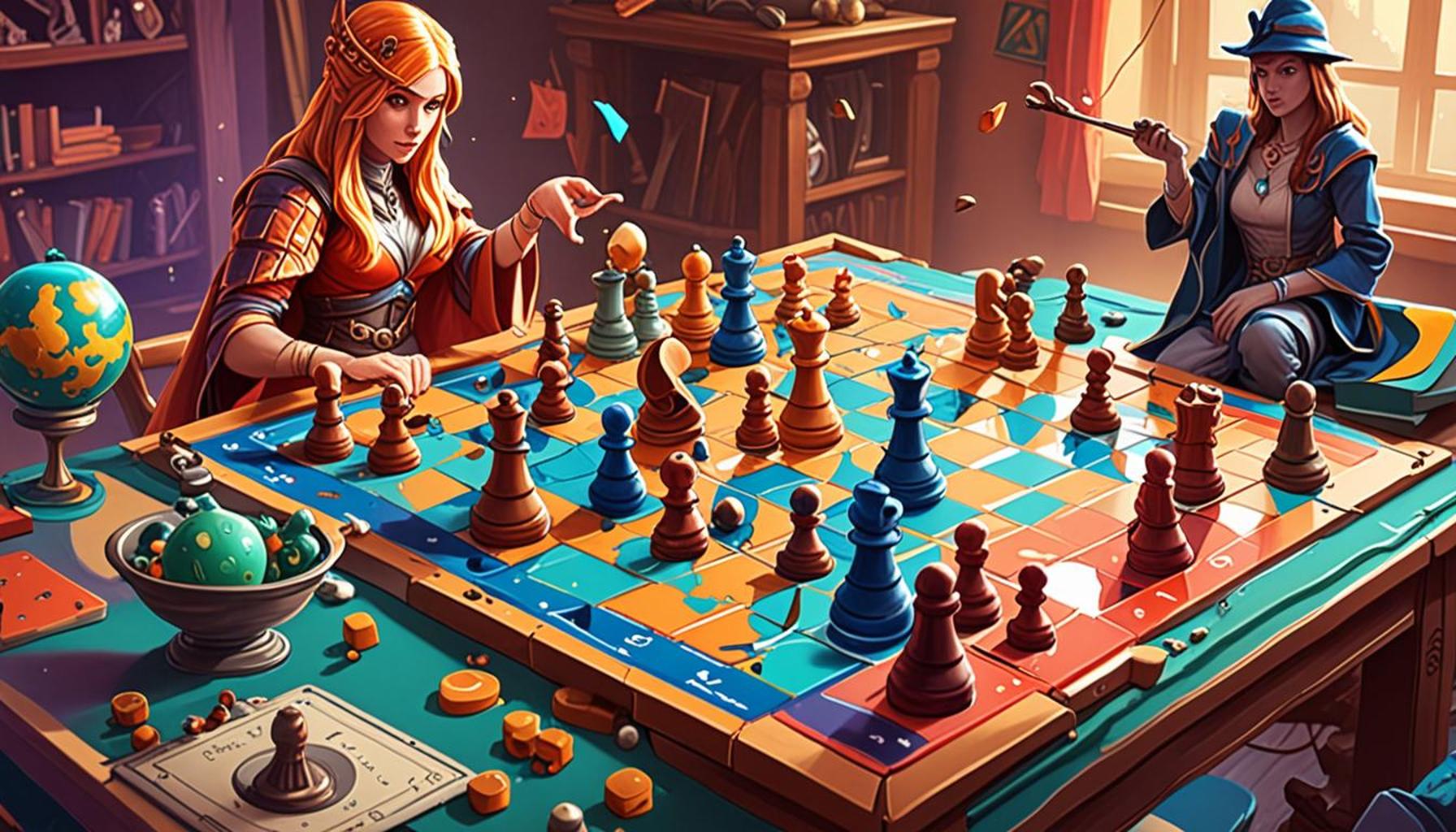The Influence of Group Dynamics in Strategy Games: Learning to Collaborate and Compete

Unpacking the Layers of Group Dynamics in Strategy Games
In the intricate universe of strategy games, the interaction among players—termed group dynamics—is not merely an add-on; it is foundational to the overall experience and success within the game. By forging an environment where collaboration meets competition, these dynamics often dictate the outcome of engagements, whether in real-time scenarios or turn-based settings.
As players maneuver through challenges and intricate scenarios, several key factors come into play that intricately influence their interactions:
- Communication: The bedrock of effective teamwork. A successful strategy game hinges on clear and concise dialogue among players. For instance, players may devise complex strategies or coordinate attacks only with transparent communication, making it essential to articulate thoughts without ambiguity. Games like “Overwatch” exemplify how strategic calls can turn the tide in competitive play, showcasing the weight of effective communication.
- Roles and Responsibilities: Establishing distinct roles within a team can lead to the execution of more refined and efficient strategies. For example, in games like “League of Legends,” players often assume specific roles—such as support, tank, or damage dealer—each with individual responsibilities that contribute to the team’s overall strategy. This specialization allows teams to strategize around their strengths and optimize their chances for victory.
- Conflict Resolution: Disputes are inevitable in any group setting. The ability to manage conflicts effectively can significantly enhance group cohesion and functionality. In high-stakes situations where emotions may run high, teams that practice constructive feedback and solutions-oriented discussions often outperform those that struggle with interpersonal issues.
Moreover, the lessons gleaned from these games extend well beyond the virtual arena, imparting vital life skills that resonate in various contexts. Players cultivate the ability to:
- Collaborate under pressure, becoming adept at navigating stressful environments.
- Balance competition and teamwork, learning to support one another while striving for personal achievement.
- Adapt their strategies based on the evolving dynamics of the group, thereby enhancing their problem-solving capabilities.
As multi-player online games soar in popularity—with millions of players actively engaged across the United States—a deep understanding of group dynamics has become more crucial than ever. From college students forming teams for competitive gaming tournaments to families bonding over co-op missions on weekends, strategic interactions carve pathways to success, reflecting the dynamic interplay of relationships in real life.
By exploring the mechanics behind group dynamics in gaming, we not only enrich our virtual experiences but also challenge ourselves to rethink collaboration and competition in our daily lives. This exploration encourages deeper connections among players, fostering an atmosphere ripe for both strategic innovation and community building.

DON’T MISS OUT: Click here to dive deeper
Communication: The Heartbeat of Strategy Gaming
When examining the landscape of strategy games, one can’t overlook the pivotal role of communication. Effective communication acts as the heartbeat of any successful team endeavor, providing the rhythm and tempo for coordinated efforts. In the high-pressure environment of multiplayer online games, where split-second decisions can dictate victory or defeat, clear exchanges among players become essential. Many game developers emphasize this aspect by integrating voice chats, messaging systems, and visual cues to facilitate seamless interaction.
Take, for example, the intensely strategic world of “Dota 2.” Players must communicate dynamically to build synergy for their complex lineups. The effectiveness of initiating battles, defending towers, and executing team-fighting maneuvers relies heavily on players conveying their thoughts, strategies, and intentions. Failure to do so can result in chaotic gameplay and loss. The mere act of calling for a retreat or indicating a target can make all the difference in the heat of battle.
The Significance of Roles and Responsibilities
Another hallmark of group dynamics within strategy games is the clear delineation of roles and responsibilities. Specializing in different roles not only allows players to utilize their individual strengths but also enhances the team’s overall effectiveness. In team-based games, such as “Rainbow Six Siege” or “Fortnite,” players often assume roles based on their favored playstyles, whether it be as a sharpshooter, support player, or strategic planner.
To illustrate, in “Counter-Strike: Global Offensive,” teams typically designate roles like entry fraggers, lurkers, and support players, allowing them to craft more sophisticated strategies. Each member knows their specific duties, thus streamlining decision-making processes during crucial moments. This structure fosters a sense of accountability and enables players to operate at their full potential.
Conflict Resolution: Keeping Teams Cohesive
While teamwork is fundamental, conflicts naturally arise within any group setting. The ability to navigate disagreements effectively is a defining characteristic of high-performing teams. In strategy games, where emotions may often run high due to the competitive nature of play, teams that practice constructive conflict resolution stand a better chance of maintaining their morale and unity.
Many successful teams employ strategies such as:
- Active Listening: Truly engaging with fellow team members’ perspectives.
- Constructive Feedback: Providing insights that uplift rather than criticize.
- Consensus Building: Seeking common ground to reach an agreement that benefits all.
By promoting a culture of open dialogue and constructive feedback, players not only enhance their chances of winning games but also build a foundation for more resilient relationships—skills that are transferable to real-world scenarios, from workplaces to community engagements.
As we delve deeper into group dynamics in strategy games, it becomes clear that they shape not only how players interact but also their ability to collaborate and compete effectively. The lessons learned in these digital arenas provide invaluable insights into human behavior and the intricate art of cooperation and competition in everyday life.
| Advantages of Group Dynamics | Description |
|---|---|
| Enhanced Communication | Group dynamics foster open dialogue, promoting collaboration among players. |
| Strategic Planning | Working in teams encourages players to develop and execute complex strategies. |
| Conflict Resolution | Navigating conflicts helps players enhance their ability to tackle challenges effectively. |
| Role Recognition | Players learn to identify and leverage individual strengths within the group. |
Understanding the importance of group dynamics in strategy games goes beyond mere collaboration; it encompasses the intricate balance of competition and teamwork. These games necessitate that players not only strategize effectively but also engage in active communication to convey ideas and plans. As players immerse themselves in competitive environments, they cultivate essential skills that are immeasurable in traditional settings. For instance, as players share their unique insights and perspectives, they collectively build a richer strategy that aligns with their team objectives. This cultural shift instilled by group dynamics can result in innovative problem-solving approaches that enhance gameplay experience and outcomes. Players are challenged to maintain this equilibrium between collaboration and competition, learning valuable life skills in the process. As you explore deeper into this fascinating intersection of group collaboration and individual competition, it becomes clear how strategy games hold the potential to prepare individuals for real-world interpersonal relationships and professional dynamics.
DISCOVER MORE: Click here to learn about visual therapy for stress relief
Trust and Empathy: Building Bonds Beyond the Screen
The foundation of any successful team dynamic lies in trust and empathy. In strategy games, where players often engage with one another in high-stakes environments, establishing a sense of trust is paramount. Team members who feel secure in their relationships are more likely to share strategies and tactics openly, facilitating innovation and creativity in gameplay. Without this foundational trust, the fear of blame or judgment may stifle communication, leading to poor decision-making and ultimately, defeat.
Empathy, the ability to understand and share the feelings of others, plays a crucial role in fostering trust within teams. Players who take the time to appreciate their teammates’ perspectives and challenges are better equipped to support one another effectively. This emotional connection often leads to improved collaboration, as team members feel valued and understood. Games like “Overwatch” exemplify this principle by encouraging players to select heroes that complement each other’s abilities, forming a cohesive unit that thrives on mutual support.
Adaptability: The Key to Thriving in Dynamic Environments
Another essential aspect of group dynamics in strategy games is adaptability. In the fast-paced world of multiplayer gaming, circumstances can shift in an instant. Teams that can adapt to changing situations, such as an unexpected enemy assault or a sudden strategic shift, have a distinct advantage. This adaptability is often rooted in the collaborative nature of team play, where members must not only react to external factors but also respond to the evolving strategies of their teammates.
In games like “League of Legends,” players face a constantly changing battlefield driven by player interactions and in-game events. Successful teams cultivate a culture of flexibility, where members are encouraged to reassess their strategies mid-game based on real-time developments. For instance, a bot lane duo may need to adjust their playstyle if the enemy jungler adopts an aggressive approach, showcasing the agility needed to thrive in competitive environments.
Learning from Defeat: A Vehicle for Growth
Defeat in strategy games often carries a stigma; however, it can be an invaluable tool for growth and improvement. High-performing teams leverage their losses to analyze their performance critically and identify areas for enhancement. This reflective practice not only fosters better skills and strategies but also reinforces a sense of resilience within the group.
Many teams set aside time after matches to engage in retrospective discussions, delving into what transpired during critical moments. Learning from mistakes becomes a collective effort, where players share insights and strategies to turn previous failures into future victories. This process not only bolsters team cohesion but also encourages a growth mindset—an invaluable trait that can be applied to various facets of life outside the gaming world.
Furthermore, engaging with diverse groups can expose players to a broader range of thinking and approaches to conflict and cooperation. Players who actively seek collaboration with others can refine their skills in ways that solo play cannot achieve, emphasizing the rich tapestry of group dynamics that colored the strategy gaming experience.
As we explore these facets of group dynamics in strategy games, it becomes evident that the exchange of ideas, emotional intelligence among players, and a willingness to learn propel groups toward success. This environment serves as a microcosm for understanding larger human interactions, where collaboration and competition coexist, teaching lessons that resonate far beyond the screen.
DIVE DEEPER: Click here to discover more
Conclusion: The Unifying Force of Group Dynamics in Strategy Gaming
In conclusion, the intricate web of group dynamics within strategy games plays a pivotal role in shaping players’ experiences and outcomes. As players navigate the complexities of collaboration and competition, they develop essential life skills such as trust, empathy, and adaptability. These elements foster a heightened sense of camaraderie that is crucial for team success, while also creating an engaging environment for shared learning.
Importantly, the challenge of interpreting defeat as a pathway to growth transforms the gaming experience into a profound learning opportunity. Each loss becomes not just an endpoint but a stepping stone towards improvement, pushing players to engage in reflective exercises that cultivate resilience and innovation. This process is emblematic of real-world team dynamics, where the ability to adapt strategies in response to evolving situations proves vital for collective success.
The skills and insights gained through strategy gaming extend beyond the digital realm, affecting interpersonal relationships and professional environments. As gaming communities continue to grow, the lessons learned about cooperation, strategic thinking, and emotional intelligence will undoubtedly influence the next generation’s approach to conflict and collaboration. Thus, investigating the influence of group dynamics in strategy games not only sheds light on the gaming experience but also reveals broader implications for human interactions in everyday life.
As we delve deeper into these dynamics, it becomes increasingly clear that strategy games provide a valuable platform for personal and collective growth—where the line between competition and cooperation blurs, forging stronger connections among players far beyond the screen.


